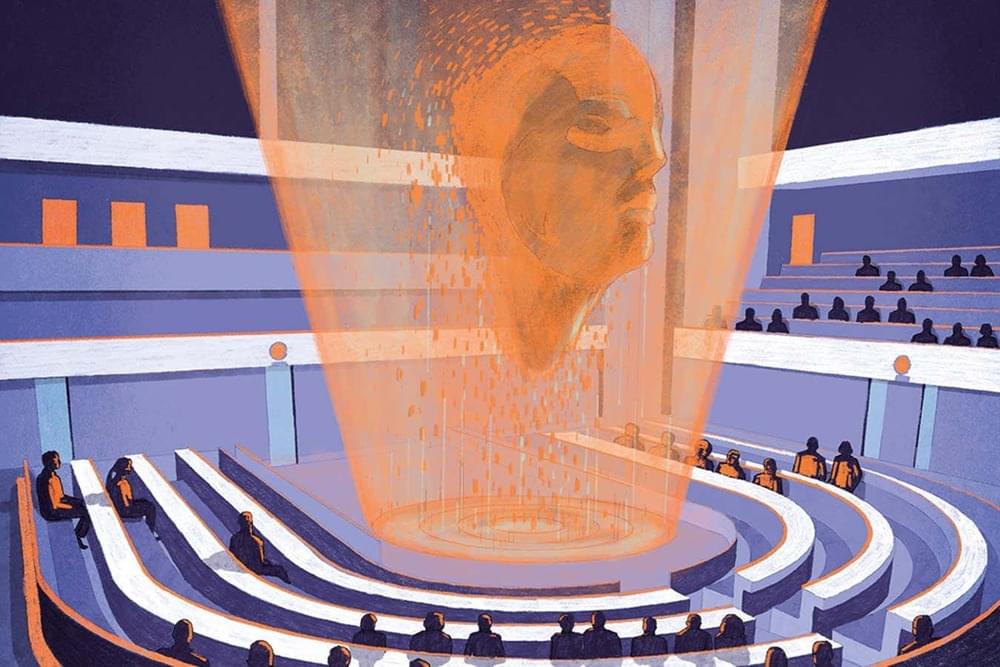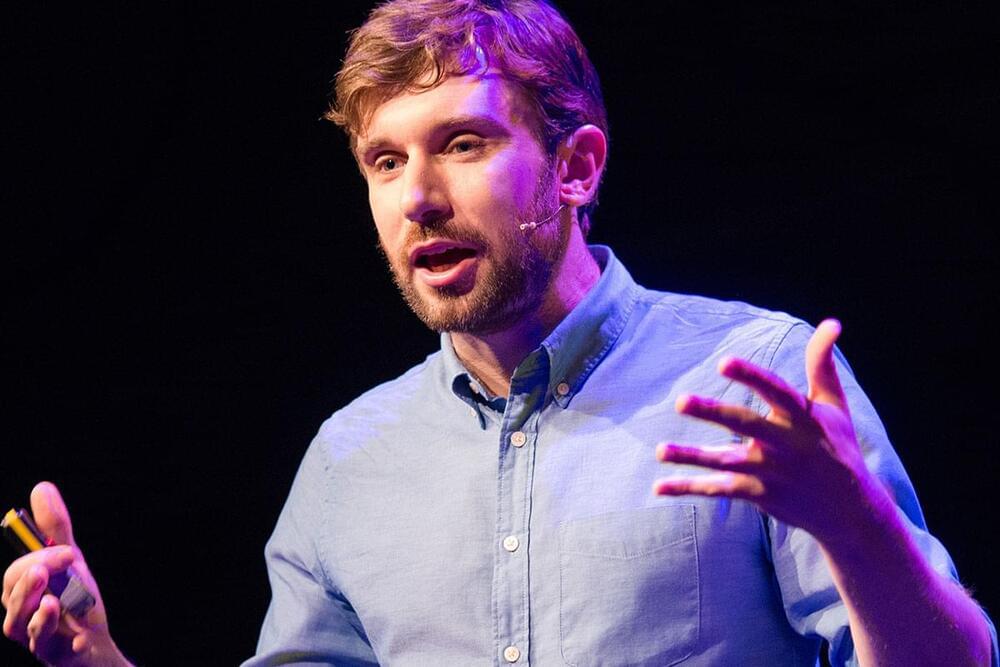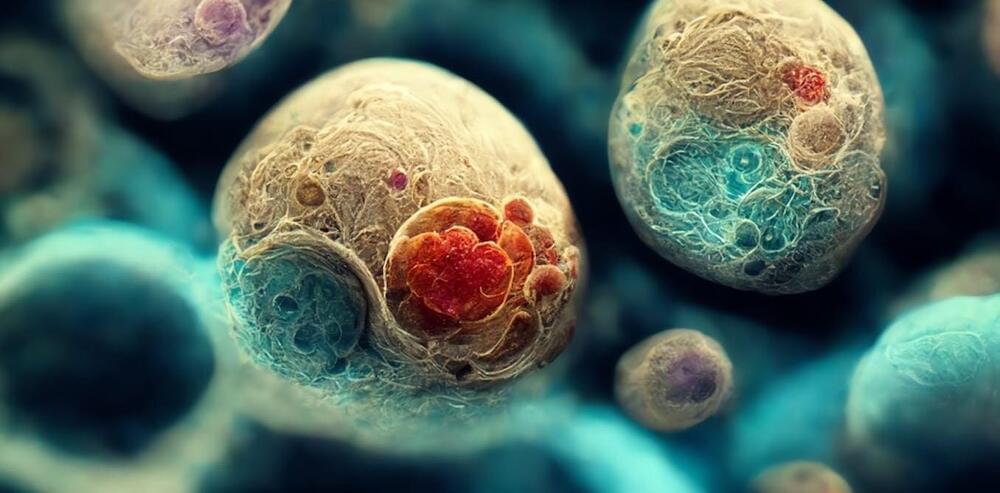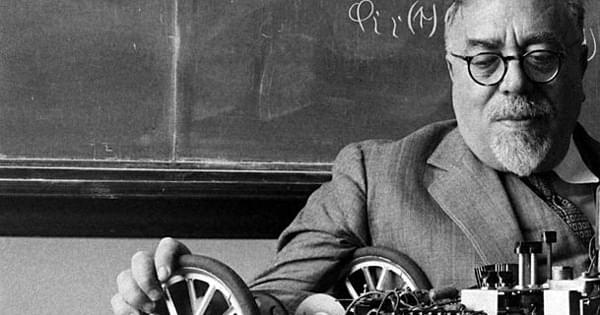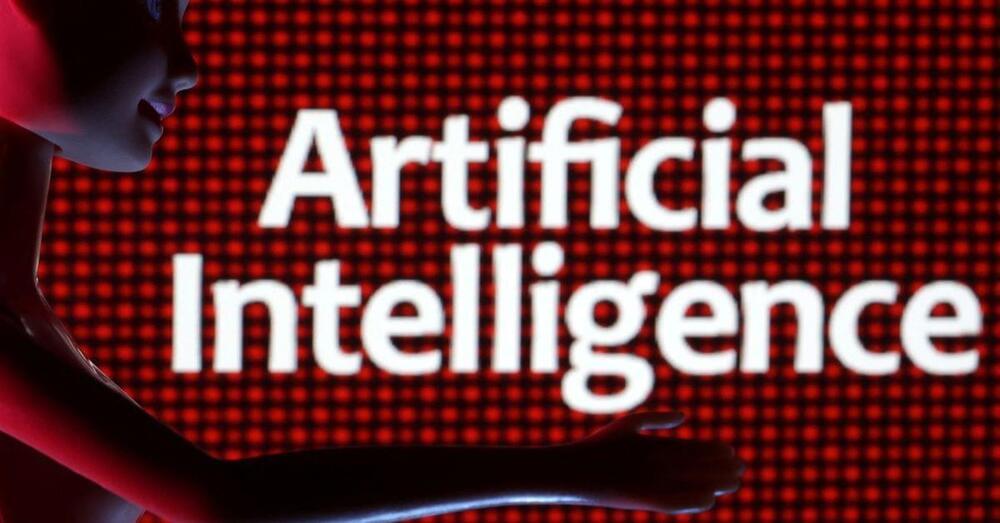Here’s my latest opinion article, just published at Merion West. It’s about AI and the environment! Give it a read!
“With artificial general intelligence (AGI) likely just decades away, there is an urgent need to consider the extent of environmental harm we are causing. AGI will likely question if humans are good stewards of the planet and quickly come to the conclusion that we are not.”
Many artificial intelligence (AI) scientists believe that artificial general intelligence (AGI)—intelligence on par with humans—will be achieved within 20 years. If this happens, what will AI think of people?
Answers to this question range widely, from AI being grateful to its creators to it barely even noticing us to it wanting to be our equals. However one theory in ethics increasingly being considered is that AI will be angry with us because of the environmental harm humans have caused to the planet and to other species.
Skeptics counter that AGI will not care about the environment because it is a machine, with little need for nature. Despite this, I believe that AGI will not only want Earth to thrive but also to be protected from those who might destroy it—such as humans. AGI, similar to any intelligent person, would prefer a stable, biodiverse planet filled with renewable resources available to it over an ecological wasteland.

